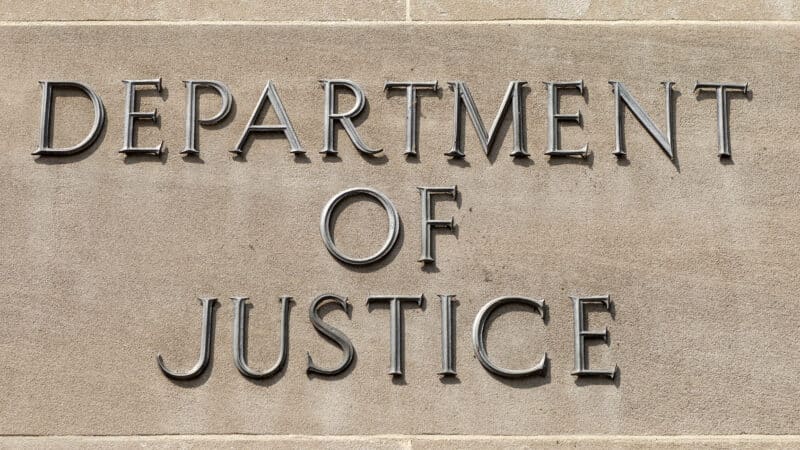DOJ finds Alabama’s foster care system violates law
MONTGOMERY, Ala. — The federal government on Wednesday said the state of Alabama illegally discriminates against children in foster care with behavioral and emotional disabilities.
The U.S. Department of Justice, in a news release, said the state’s foster care program has illegally placed hundreds of students with disabilities into “segregated and inferior educational programs,” a direct violation of Title II of the Americans with Disabilities Act.
“Students with disabilities in Alabama’s foster care system are among the most vulnerable in the state’s care, and they deserve better than placement in segregated and inferior schools,” Assistant Attorney General Kristen Clarke, of the department’s Civil Rights Division, said in a statement. “The Civil Rights Division will defend every child’s right to equal educational opportunities in schools where they can be supported and challenged.”
The department’s findings follow an investigation into allegations that the state denies children in foster care equal opportunity to basic educational services on the basis of disability.
Gina Maiola, communications director for Gov. Kay Ivey, said in a statement that the Alabama State Department of Education and the Department of Human Resources have been “working proactively since 2018 to address the needs of our specialized treatment centers.”
“These two agencies have been in communication with the Department of Justice to inform them on the steps being taken in that regard. I know the ALSDE and DHR will address any specific concerns given by the USDOJ. Bottom line, a top priority of the Ivey Administration is to ensure every Alabama student has the ability to receive a quality education,” Maiola said.
The state is required to provide educational services for children in the foster care system, including when children are placed in psychiatric residential treatment facilities. According to the DOJ, students who are placed in such treatment facilities are automatically enrolled in segregated on-site schools without an appropriate educational assessment.
In these segregated placements, the DOJ said students lack access to age-appropriate study materials, adequate instruction and facilities such as libraries, science labs and gyms.
“These unnecessary placements, which can extend for long periods of time, sever children’s ties to their home schools, teachers, social activities and peers,” Clarke’s office said. “The department concluded that, in most cases, these children could be appropriately served in general education settings where they would receive the many documented academic and social benefits of inclusion.”
Pentagon puts Scouts ‘on notice’ over DEI and girl-centered policies
After threatening to sever ties with the organization formerly known as the Boy Scouts, Defense Secretary Hegseth announced a 6-month reprieve
President Trump bans Anthropic from use in government systems
Trump called the AI lab a "RADICAL LEFT, WOKE COMPANY" in a social media post. The Pentagon also ordered all military contractors to stop doing business with Anthropic.
HUD proposes time limits and work requirements for rental aid
The rule would allow housing agencies and landlords to impose such requirements "to encourage self-sufficiency." Critics say most who can work already do, but their wages are low.
Paramount and Warner Bros’ deal is about merging studios, and a whole lot more
The nearly $111 billion marriage would unite Paramount and Warner film studios, streamers and television properties — including CNN — under the control of the wealthy Ellison family.
A new film follows Paul McCartney’s 2nd act after The Beatles’ breakup
While previous documentaries captured the frenzy of Beatlemania, Man on the Run focuses on McCartney in the years between the band's breakup and John Lennon's death.
An aspiring dancer. A wealthy benefactor. And ‘Dreams’ turned to nightmare
A new psychological drama from Mexican filmmaker Michel Franco centers on the torrid affair between a wealthy San Francisco philanthropist and an undocumented immigrant who aspires to be a dancer.







